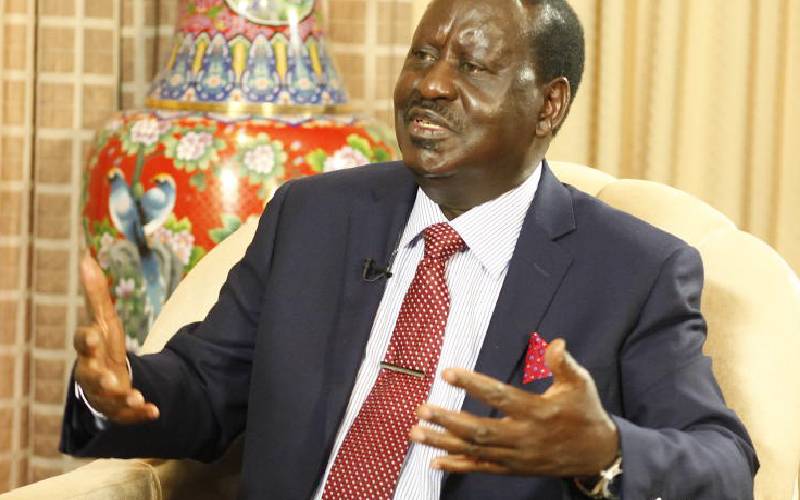×
The Standard e-Paper
Stay Informed, Even Offline

The handshake neutered the leader of the political Opposition Raila Odinga, whose quid pro quo we know not yet. [Photo, Standard]
Finally, some of the dangerous effects of the March 2018 “hand-cheque” are becoming clearer.